Cement is widely used in masonry construction as a reinforcing agent, or to bind aggregate materials together. Examples of all three uses are cement masonry products like stock bricks, face blocks, plaster blocks, and retainer blocks. Cement paving type Cement is a powder, which can be mixed with water to form mortar for walls and flooring. It can also be mixed with sand and gravel and used as an adhesive for concrete slabs.
Cement Bricks for Construction & Building Projects
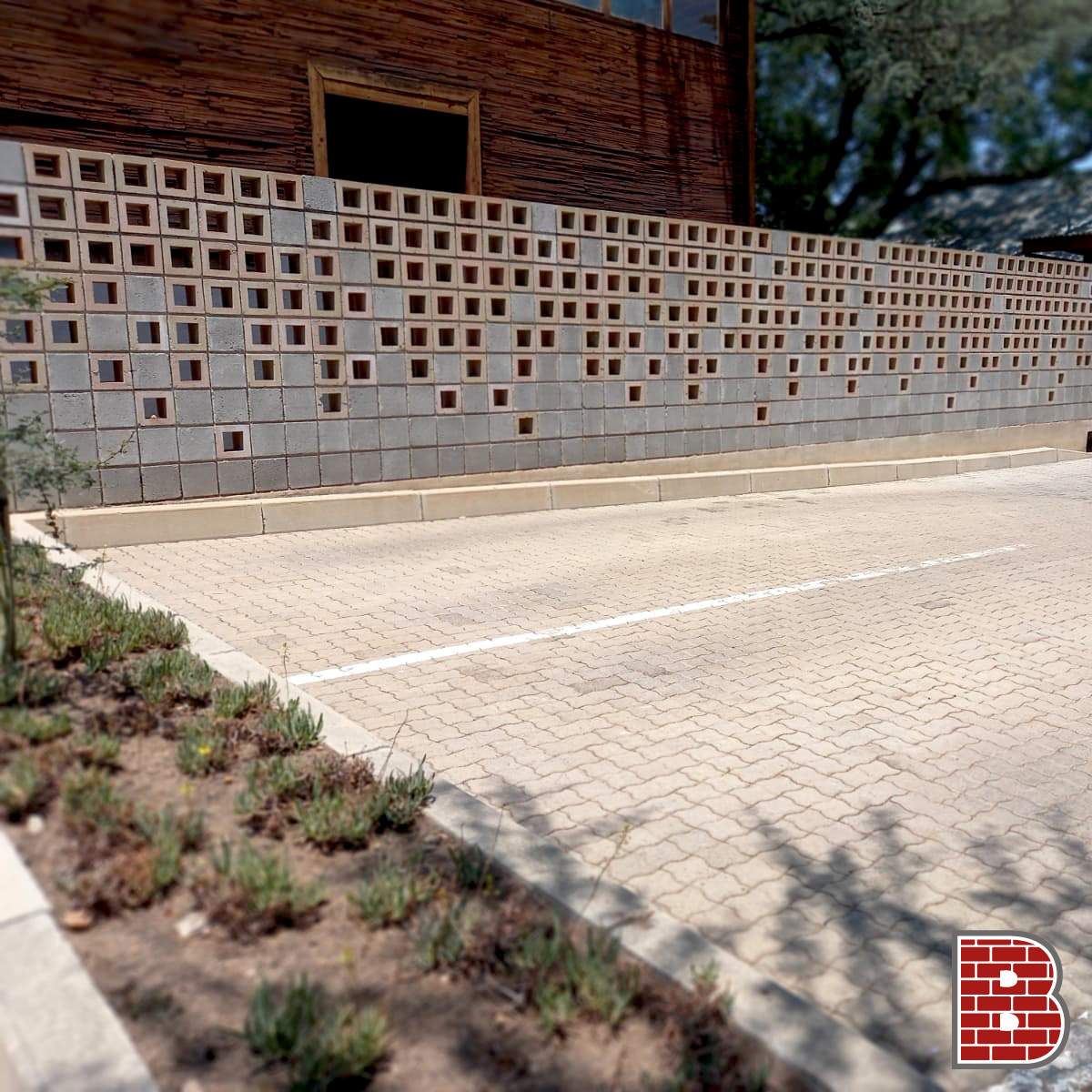
Cement masonry products are frequently used in home construction and building projects. They provide strong support and their even surface can make the building look better and more stylish. They can also aid in keeping the dwelling warmer and more comfortable. Cement masonry products are very useful, but they have some limitations that homeowners often need to be aware of. Here we will tell you about how cement masonry products work, as well as what cement is often used for.
Cement is versatile and lasts long if well looked after
Cement masonry products can be used in a number of ways to create many different things. They can be used for:
-
- Building houses like student accommodation
-
- And improving your garden terrace
Cement and cement products are used extensively in all types of masonry construction, especially in foundation walls and floors. In these situations, cement is normally bonded with coarse sand and gravel (aggregate), and will form an extremely durable base for other materials such as brick, concrete block, or stone. Cement is also used for grouting between units.
What is Cement made of?
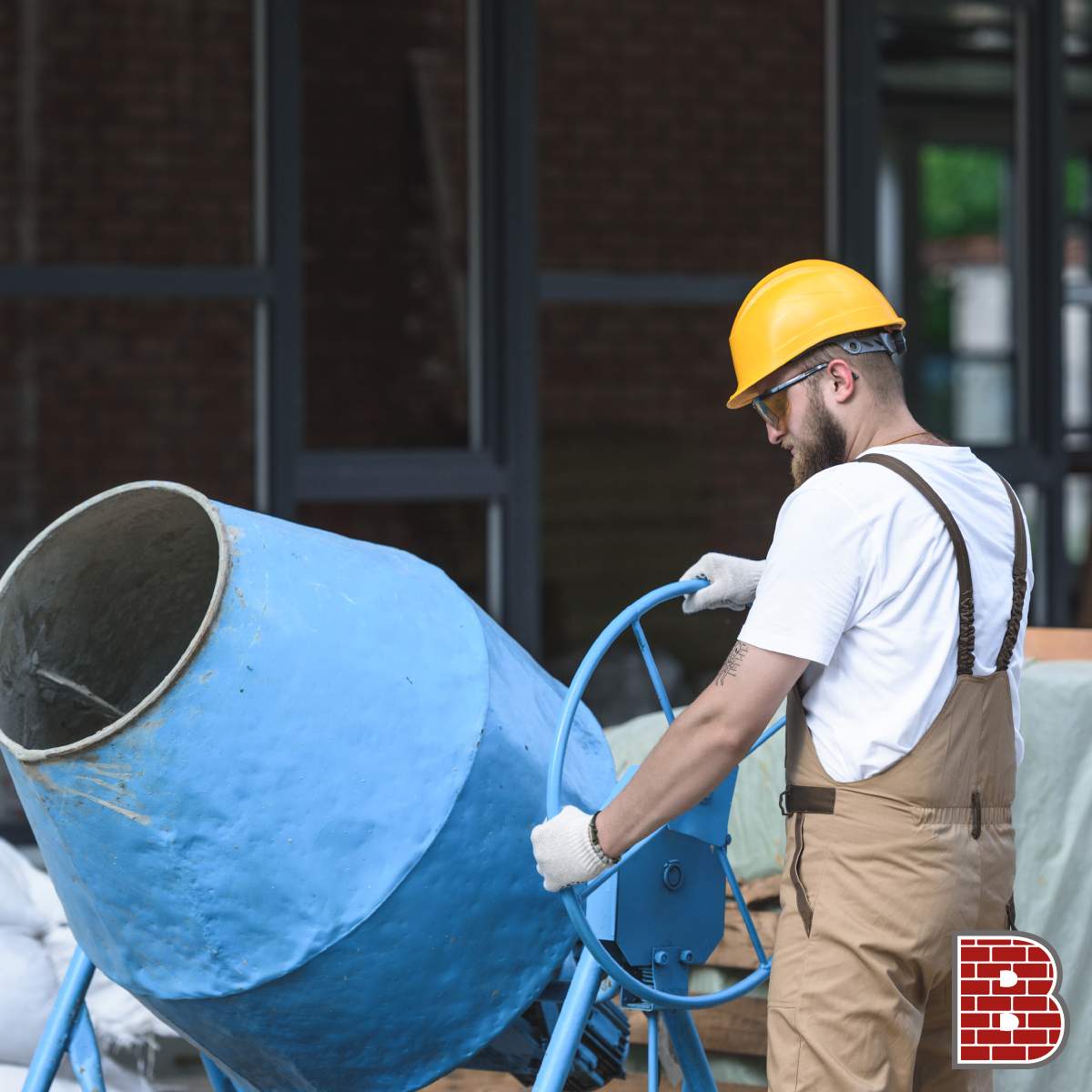
Cement is a very versatile material. It is produced from limestone, chalk, or marl, which are composition rocks that are rich in calcium carbonate (CaCO3) and silica (SiO2). The manufacture of cement is a chemical process that requires heat to decompose the raw material.
Cement Masonry Product: Stock Bricks & their Advantage of use
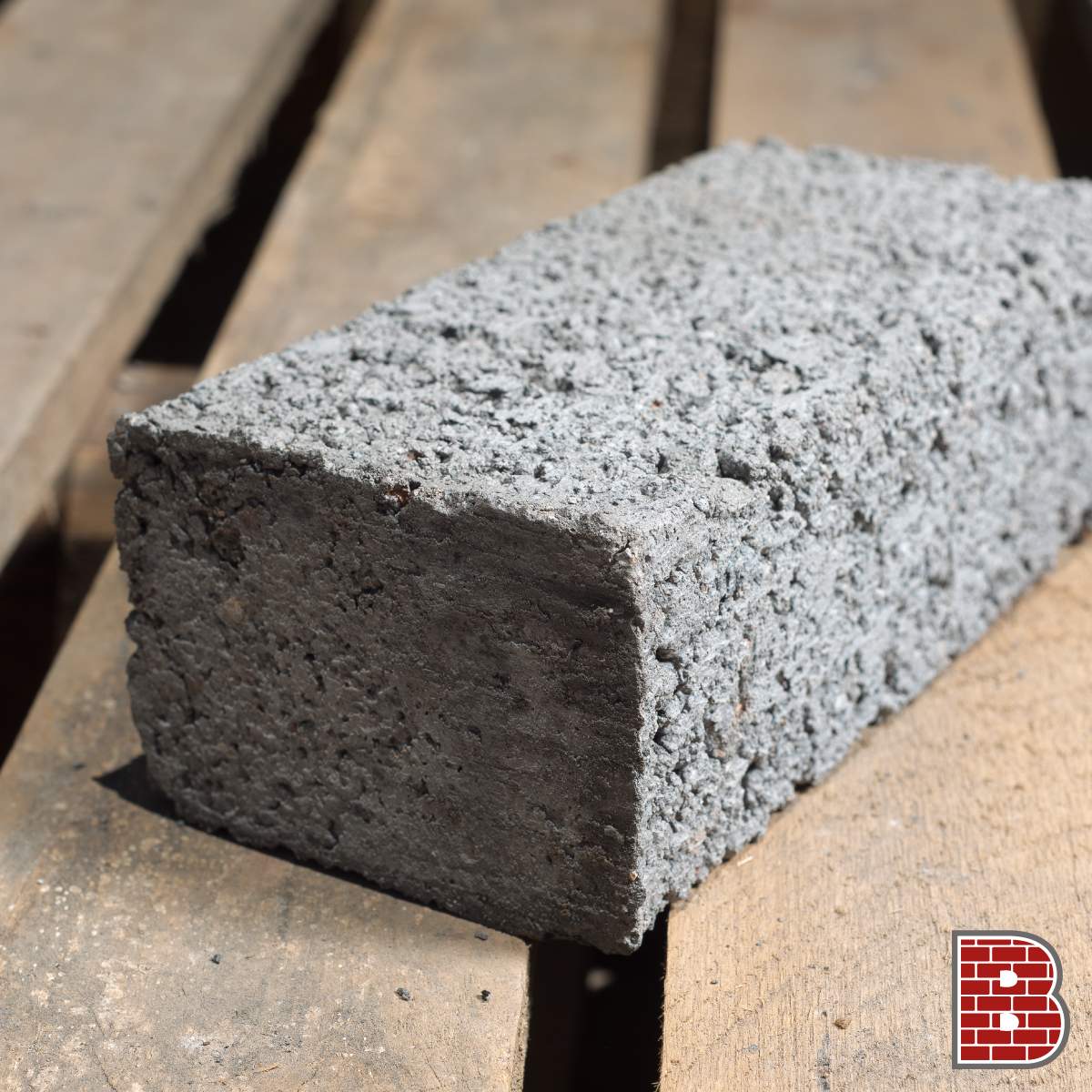
Cement stock bricks are hard and strong, which makes them perfect for building walls in the home and around your property. They are designed to be laid easily, to speed up construction time. You can use them to build a wall around your garden or install a new fence around the perimeter of your property.
Stock bricks are one of the most popular types of cement masonry products because they are easy to install and very durable. They come in different sizes and shapes so that you can customize your project to fit your needs perfectly.
Plaster Blocks: What they are & How they are Used:
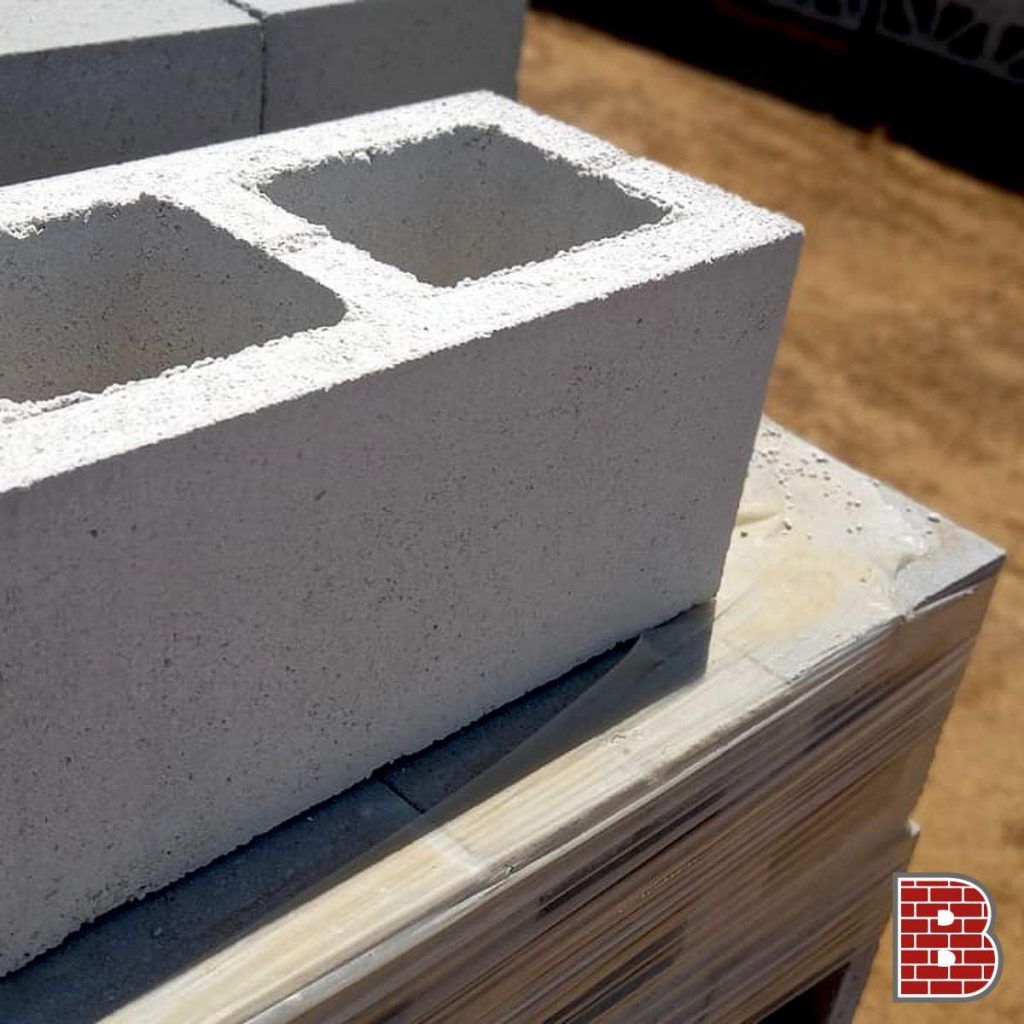
Face Blocks: What they’re Used for & the Advantages:
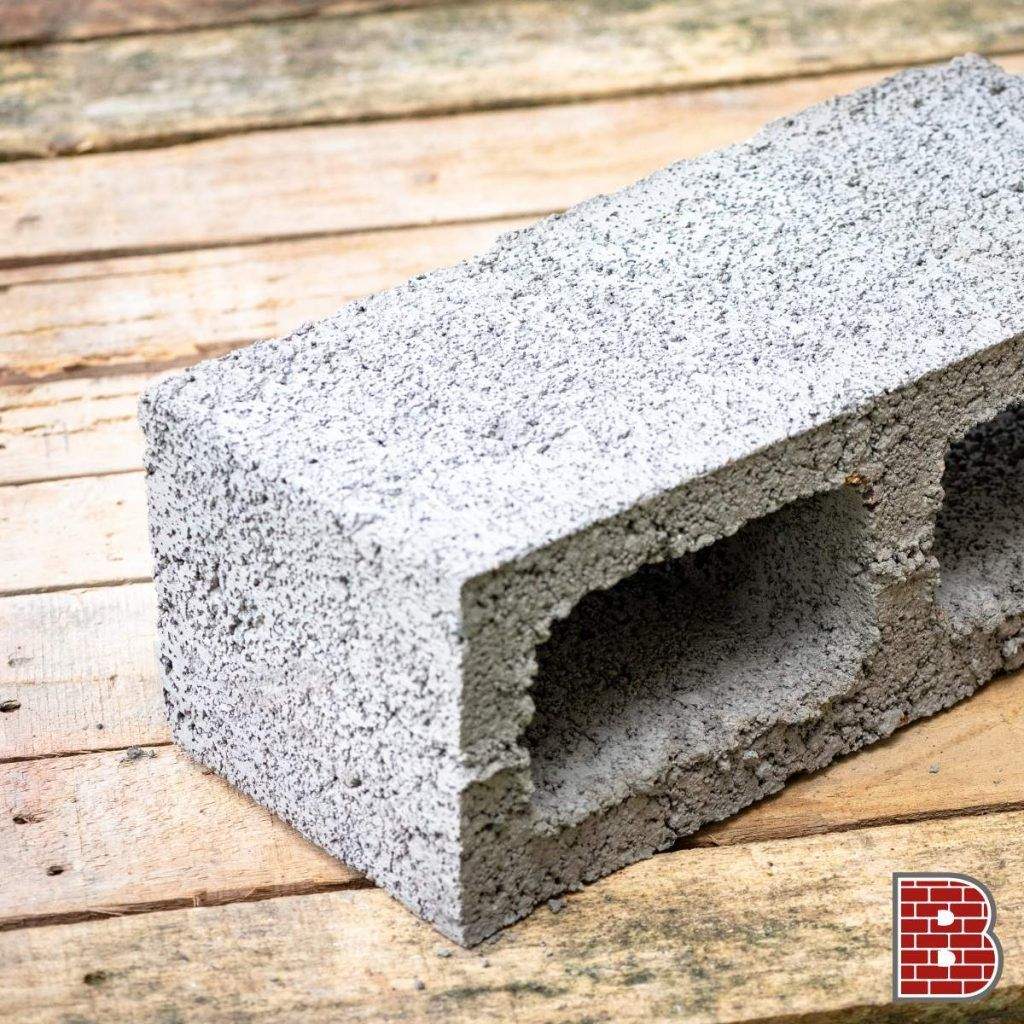
Face blocks can be used to build interlocking retaining walls. They are used to retain the soil around the exterior of a property or can be used to make steps and other features in the garden.
They are commonly used in residential construction projects because they provide a beautiful finish while still maintaining their strength over time. These blocks can be used as:
-
- An accent wall
-
- Or they can be installed around windows or doors so that they match the rest of your home’s design perfectly
Retainer Blocks Uses & Information
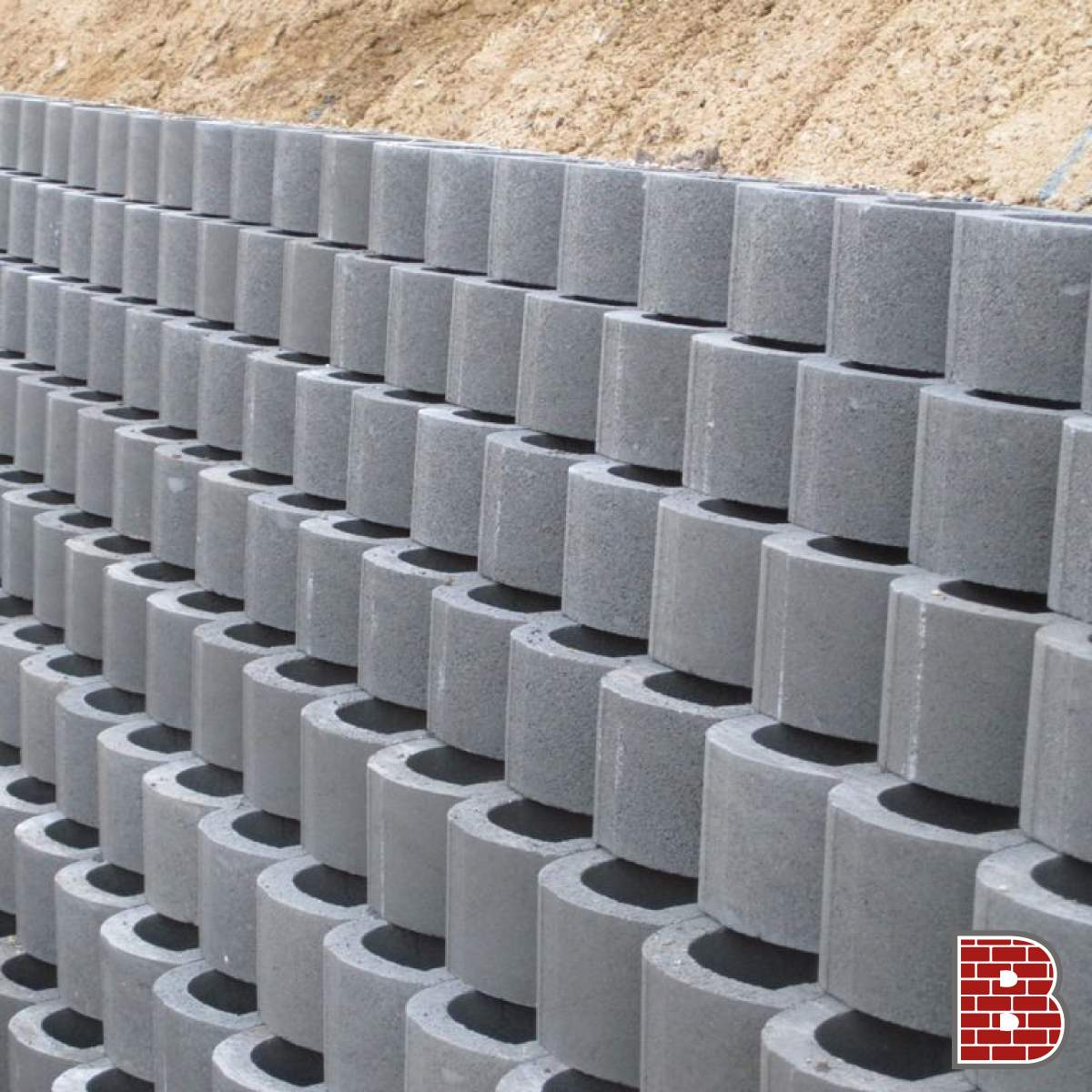
Retainer blocks are great for building retaining walls on slopes or hillsides that become wet easily due to excessive moisture and rain runoff. They have been created especially for this reason to ensure that they hold back soil even in cyclonic areas.
So Why use Cement for Building?
Cement masonry products are a great choice for building walls and floors for your home or business. Because they are strong, durable, and affordable. Ceiling cement blocks are made from high-quality cement, which means that they are resistant to water damage and mould growth. They will not crack or crumble over time, which means that you can install them yourself without having to employ a contractor to do it for you.
Cement Stock Bricks Advantage
Retainer blocks provide an excellent way for keeping water from entering your basement after heavy rains or snowstorms.
The Benefits of using Cement Masonry Products like Retainer Blocks, Interlocking Paver, Face Blocks, and Plaster Blocks are Endless
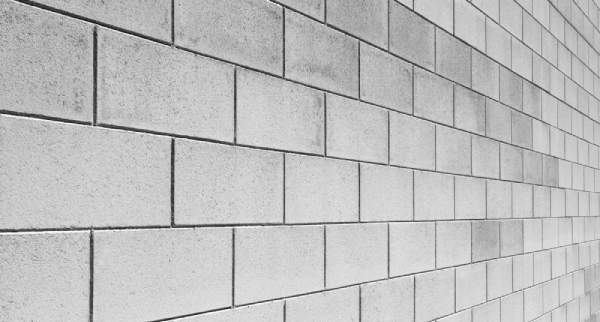
Advantages:
Cement Masonry Products are Durable
-
- These masonry products can last for decades, especially if they are designed and installed properly by an expert contractor. They have a long life expectancy due to the durability of their materials — concrete, steel, and mortar.
They are also Cost-effective
-
- These products are less expensive than other types of masonry because they don’t require any form of stucco or plastering. You don’t need to worry about chipping or cracking either because these cement masonry products are made with sturdy materials that can withstand harsh weather conditions such as extreme heat and cold temperatures as well as other forms of environmental stressors such as decay or insects like termites and ants.
Cement Bricks Can be Customized According to Your Needs
-
- The size, shape, and colour of these cement masonry products can be customized depending on your preferences or needs. The most common customizations include adding trimming designs on top of the face blocks so it looks more attractive and eye-catching compared to ordinary cement.
Disadvantages:
While the benefits of using cement are powerful there are some disadvantages you should be aware of. Especially when souring the correct building materials for your development or home. Here we outline some of the disadvantages. So that you can weigh up the good and bad and see what’s best for your next project:
The Cement may Crack when it Freezes or Dries out
-
- Cement masonry products are used to build walls and foundations. They are made of cement and sand, which makes them solid, structurally stable, and able to withstand loads. These blocks do not absorb much water and are non-porous which can be a disadvantage because they may crack when they freeze or dry out.
Doesn’t Lend itself well to Artistic Design work as it is Difficult to Cut
-
- Cement masonry products have the advantage of being strong and durable. The disadvantage is that it can be difficult to cut, is heavy, and does not lend itself well to artistic design work.
Therefore Cement Bricks are Cost-Effective, Durable & Ideal for your next Building Project
In this article, we looked at cement masonry products like cement bricks, blocks, and retainers. And what they are used for along with their advantages and disadvantages. We hope you found the article useful.
The continuous release of new cement and masonry innovations has increased construction industry growth. Due to this, existing methods and technologies are improving. Today most commonly used materials in modern construction include cement, sand, water, and stone aggregates. Cement is a fine powder-like material that on solidification develops strength and hardness. The cement and aggregates are dry mixed for obtaining proper consistency that makes it easy for applying to mass concrete surfaces.
Cost is a major factor when deciding whether to use cement blocks for your next building project or commercial venture. There are many benefits that come along with using cement concrete masonry units over other types of materials and these benefits tend to offset the cost differential. When planning your next commercial construction project one of the best choices you can make is to use cement bricks.
If you’re looking at using cement in your next project request a quote below for the best bulk prices on cement bricks, plaster blocks, and retainer blocks in Johannesburg. Or head over to Baksteen Mel’s Google profile to read our public reviews.
Your form entry has been saved and a unique link has been created which you can access to resume this form.
Enter your email address to receive the link via email. Alternately, you can copy and save the link below.
Please note, this link should not be shared and will expire in 30 days, afterwards your form entry will be deleted.
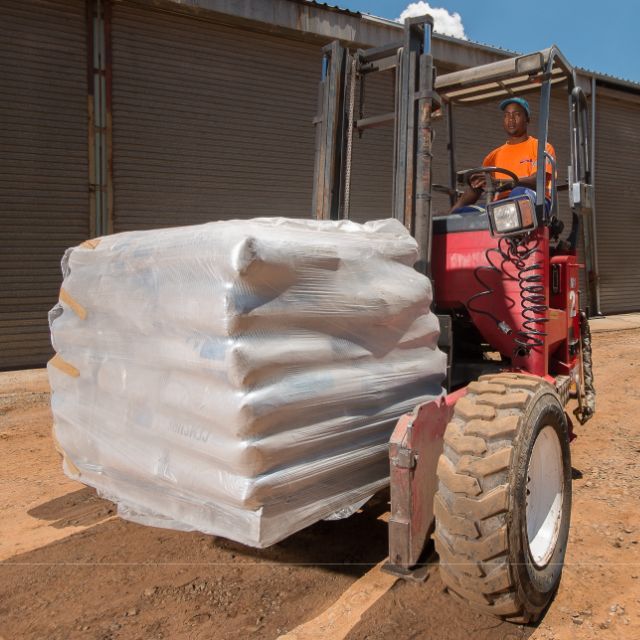
0 Comments